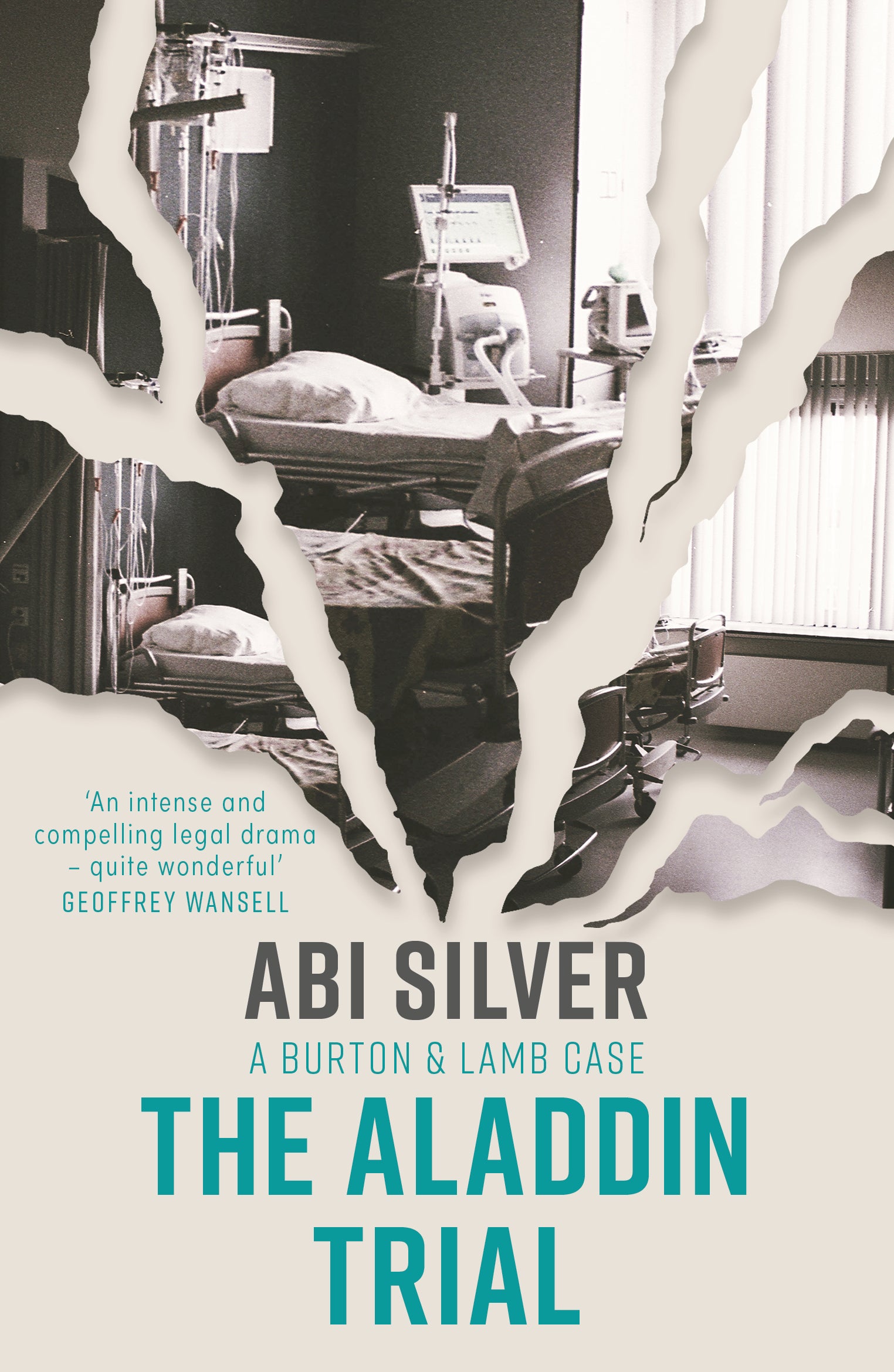Eye Books is a small, independent publisher championing extraordinary stories and overlooked voices since 1996. We publish bold fiction and non-fiction, work closely with our authors, and take pride in bringing unique books to adventurous readers.


A SUNDAY TIMES CRIME CLUB PICK
‘An intense and compelling legal drama – quite wonderful’ Geoffrey Wansell
When an elderly artist plunges one hundred feet to her death at a London hospital, the police sense foul play.
The hospital cleaner, a Syrian refugee, is arrested for her murder. He protests his innocence, but why has he given the woman the story of Aladdin to read and why does he shake uncontrollably in times of stress?
Judith Burton and Constance Lamb reunite to defend a man the media has already convicted. In a spellbinding courtroom confrontation in which they once more grapple with all-too-possible developments in artificial intelligence, they uncover not only the cleaner’s secrets, but also those of the artist’s family, her lawyer and the hospital.
A new Burton and Lamb legal thriller with an AI twist from the author of the acclaimed The Pinocchio Brief.
‘An ingenious and compelling whodunnit’ The Times
‘A sparklingly clever and entertaining mystery with a juicy helping of courtroom drama’ Daily Telegraph
‘I suspect that the out-of-court component of their activities goes well beyond what you might hope for from your legal counsel, but it makes for great fiction, and the pair are quirky, independent-minded and abrasive enough to make them interesting’ Crime Review
‘After last year’s confident debut in The Pinocchio Brief, Silver reunites Constance Lamb and Judith Burton in another assured display of crime writing. Having hit on a winning formula, Silver sticks to it’ Jewish Chronicle
‘Topical, plausible... A book for the beach’ Shots
UK postage is free if you spend £20 or more
